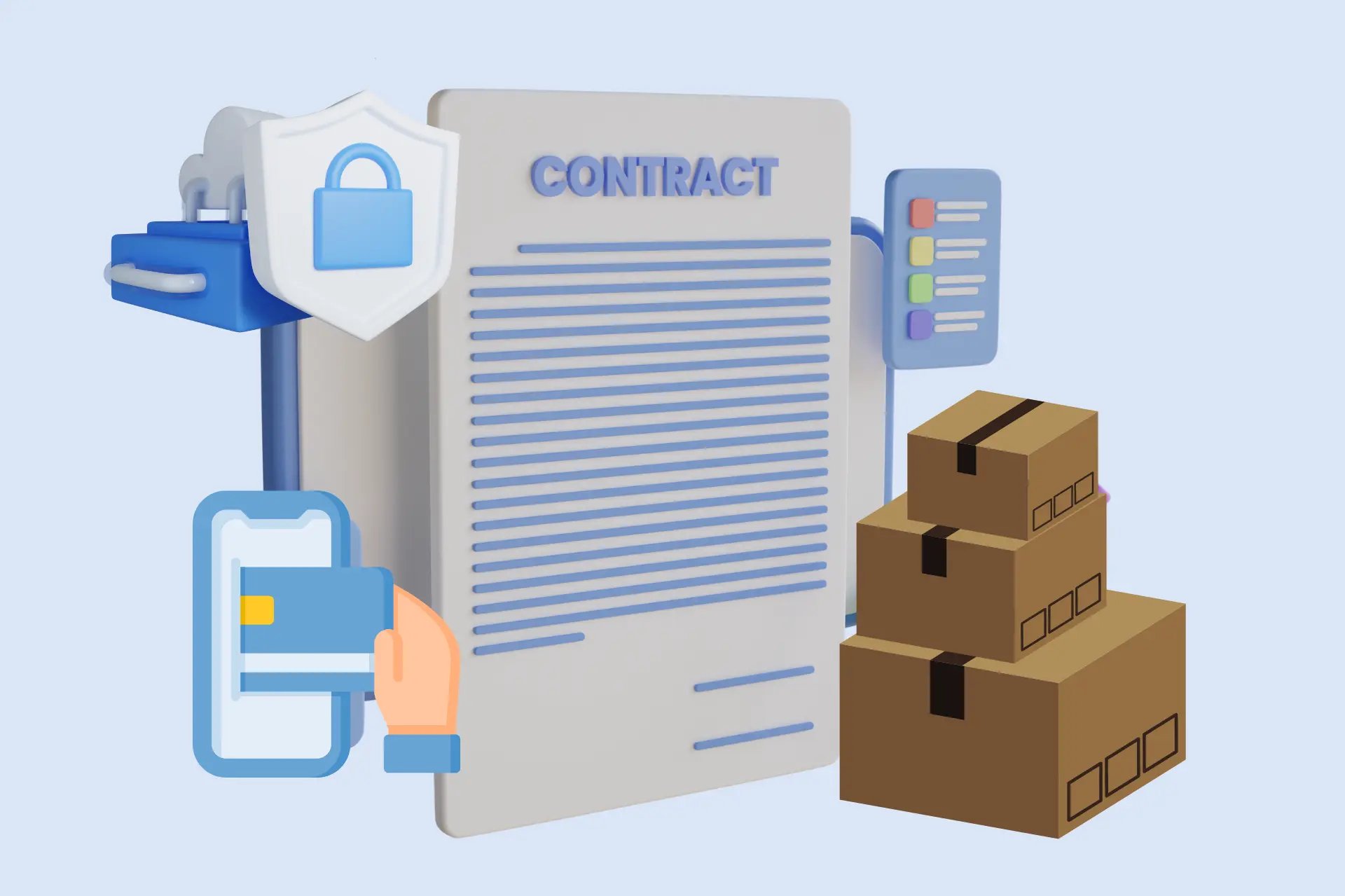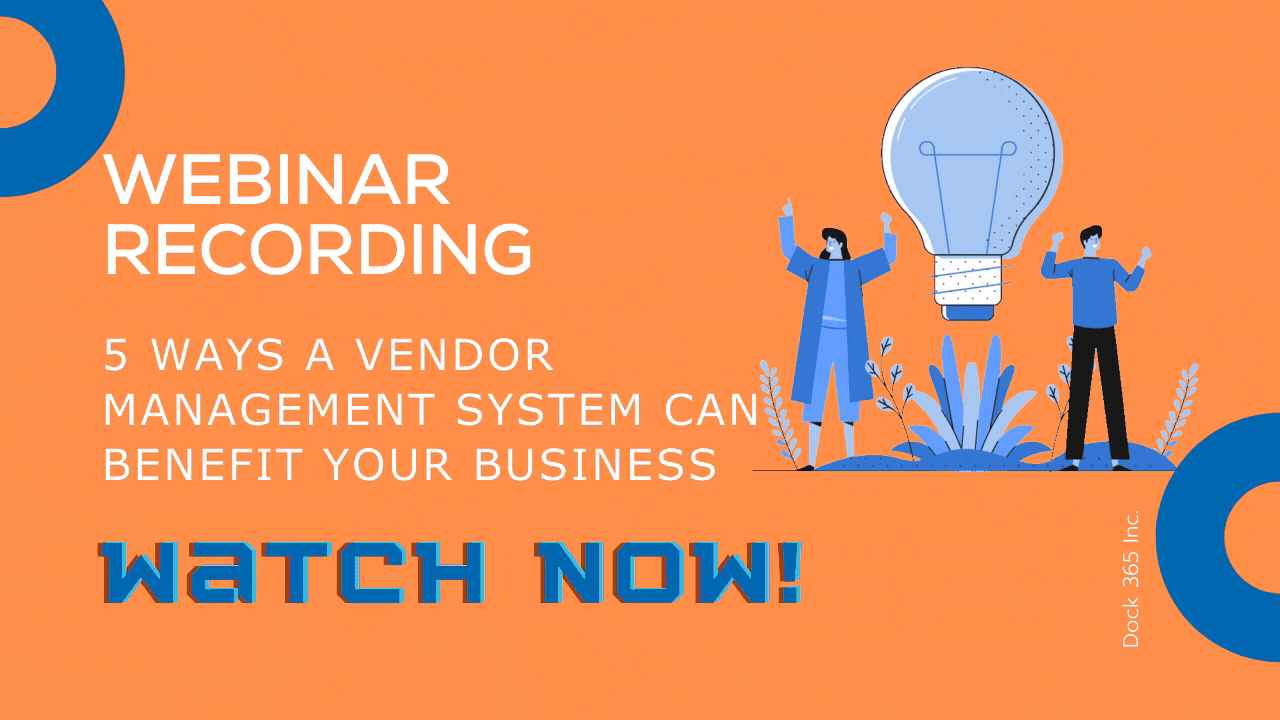
How To Draft A Vendor Agreement That Protects Your Business
Businesses must depend on vendors for goods and services. It means specific requirements from both the organization and suppliers. That is why we need a well-written agreement clearly outlining the terms of the relationship. It is the first step towards ensuring all the vendors fulfill their promises throughout the business relationship. It protects companies from future compliance risks, disputes, and delivery failures.
Apart from outlining obligations and conditions, the vendor agreement also states the consequences of a breach of contract. So, if either party fails to comply with the terms, there will be clearly stated legal and financial consequences. However, businesses must first create a competent agreement to reap the full benefits of a well-executed supplier contract. Keep reading this blog to learn how to draft a vendor agreement that safeguards your company.
How to draft a comprehensive vendor agreement
Contracts are an essential part of doing business with vendors, and they can be helpful for organizations—but only if they are well-written. Furthermore, a specific legal arrangement might be appropriate for one supplier but not another. Organizations must therefore take extra care when drafting vendor contracts. They must produce a document that meets all their requirements.
-
Clearly define the scope of work
A well-written vendor agreement should explicitly lay out the vendor's scope of work for your business. It includes the specificities of the goods or services, such as quality, quantity, modes of transportation, and delivery location. It also specifies the roles and responsibilities of both parties. By defining the expectations for the vendor relationship, you can minimize the risk of misunderstandings or disputes later.
-
Terms of payment & delivery
In addition to the product specifications, the vendor contract should clearly state the terms of payment, the delivery time of the goods or services, and the termination of the business relationship. The legal agreements must also convey the price paid in return for the vendor's performance. It should also be clear as to how and when the vendor will be paid, as well as whether payment will take the form of cash, goods, services, the cancellation of debt, etc. Lastly, the vendor agreement should also mention the course of action for payment delays or other related issues.
-
Establish confidentiality
Confidentiality is crucial for protecting your business's proprietary information. If vendors have access to sensitive information, ensure the contract addresses data protection and privacy. The agreement should specify the vendor's responsibilities for data security, confidentiality, and compliance with data protection laws. As a result, the supplier would be obligated to maintain the privacy of all business information, and the agreement would specify the repercussions of any violations.
-
Laydown consequences
Vendor agreements are great for laying out the needs and expectations of both parties. But what if one of the parties does not follow through with their obligations? Organizations have legal backing for the requirements and specifications stated in the vendor agreement. They can lay out the repercussions and legal actions in the event of a contract violation. Vendor agreements help resolve any disputes and hinder deceptive attempts.
-
Address indemnification and liability
Indemnity refers to security against loss or damage. The vendor agreement should include indemnification and liability clauses to protect your business from any losses caused by the supplier's actions. They should clearly outline the distinct types of damages and liability limits. Under this provision, both parties agree to compensate for any losses incurred due to contract violations, negligence, misconduct, omissions, or breaches of intellectual property rights. In addition to outlining the penalties that both parties must bear if there is a failure in fulfilling duties and obligations under the contract, it aids in dispute resolution.
-
Include termination provisions
Every business partnership hopes for long-lasting, prosperous relationships, but sometimes an early break is better for both parties. Termination clauses protect your business if the vendor relationship does not work out or they do not want to renew the agreement. The terms of the vendor agreement should clearly state the conditions for termination, the required notice period, and any potential repercussions. Thus, either party can complete the contract early without burning bridges.
-
Dispute resolution
Commercial success depends on building trusting relationships between a company and its suppliers. Vendor issues or disputes impede profits by disrupting business operations. Supply chain issues, inaccurate cost estimates, poor communication, and overt violations of the vendor contract can all lead to disputes. Hence, the vendor agreement must include provisions for resolving disputes between the business and the supplier should they arise in the future. The vendor contract should specify the forum for resolving disputes and any limitations on damages or liability.
-
Ensure compliance
Compliance requirements are an essential aspect of vendor relationships, as they ensure that the supplier is operating in accordance with relevant laws and standards. Therefore, the vendor agreement should include provisions requiring the vendor to comply with all applicable laws, regulations, and industry standards. It consists of industry-specific regulations, environmental regulations, data privacy, and security regulations, labor and employment laws, and anti-bribery laws. By including these requirements in a vendor agreement, the company can ensure that the vendor is aware of their obligations and is taking steps to establish compliance.
Why do you need a vendor agreement?
Vendor agreements give both parties ongoing legal protection because they clearly define the terms, conditions, and regulations. For the suppliers and the company, it is necessary to state the product details, quantity, payment, and delivery date. Transparency ensures everyone is aware of expectations and is on the same page. It is a necessity in hospitality, manufacturing, healthcare, pharma, retail, and IT industries, where they heavily depend on external parties for goods and services. Here are some of the major benefits of a comprehensive vendor contract:
- Build business relationship
A vendor agreement outlines the terms and conditions of the business relationship, including what goods or services are involved, the price, payment terms, delivery dates, and other relevant details. As a result, everyone knows what they are getting into and what to expect from the business relationship going forward. By establishing clear expectations and responsibilities for both parties, vendor agreements help validate and formalize the partnership. As a result, there may be fewer misunderstandings or conflicts, and the working relationship will be more fruitful and effective.
-
Improve efficiency
A vendor agreement can aid in streamlining and improving the procurement process by legalizing the business relationship. They set up terms for delivery, payment, deadlines, and venue. It ensures that the suppliers deliver the goods or services on time and to the required quality. There is an efficient and standardized vendor lifecycle management workflow because the requirements are clearly defined prior to the agreement. Both parties could end up saving time and money. There is a better chance of achieving the desired results when the vendor contract clearly outlines performance metrics and requirements.
-
Mitigate risks
Financial, legal, and operational risks are unavoidable when you rely on external parties for goods or services. Businesses must therefore take extra care to spot and eliminate bottlenecks throughout the procurement process, particularly when creating supplier agreements. A vendor contract can reduce the risk of disputes and legal action by clearly defining the obligations and responsibilities of both parties. They enable the company and suppliers to avoid future misunderstandings and conflicts. They can include provisions for quality standards, indemnification, and confidentiality to mitigate risks.
-
Data security
A vendor agreement should have provisions about data protection that specify how both parties will handle the data and ensure its security. Vendor agreements can include confidentiality provisions that protect the business's confidential information from disclosure by the supplier. The contract can aid in preventing the loss or improper use of crucial business data by restricting the disclosure of sensitive information. A vendor agreement may contain clauses to prevent the disclosure of or other use of the company's confidential or proprietary information.
-
Better negotiating power
Businesses have a better negotiating position with the vendor by clearly defining expectations and requirements in the agreement. It can include details such as the scope of work, payment terms, quality standards, delivery timelines, and dispute resolution procedures. With a clear understanding of their respective duties and obligations, both parties will find it simple to work toward negotiating a mutually beneficial agreement. A well-written vendor contract can aid the business in preventing misunderstandings or disagreements with the vendor.
Conclusion
A vendor agreement is a legal contract between a company and a vendor that outlines the terms and conditions of their business relationship. Companies must outline expectations in a contract with vendors to foster an open and trustworthy working relationship. Organizations can safeguard their operations and streamline workflows with thorough vendor agreements. Being conscious of the essential elements within vendor contracts empowers companies to achieve a profitable and long-lasting business relationship. Moreover, it can help mitigate legal, operational, and reputational risks for both parties. Vendor contract management software, with its pre-approved templates and clauses, makes it easy for organizations to draft competent vendor agreements.
Book a Live demo
Schedule a live demo of Dock 365's Contract Management Software instantly.
.png?width=196&height=196&name=MicrosoftTeams-image%20(24).png)
Written by Deepti Gopimohan



